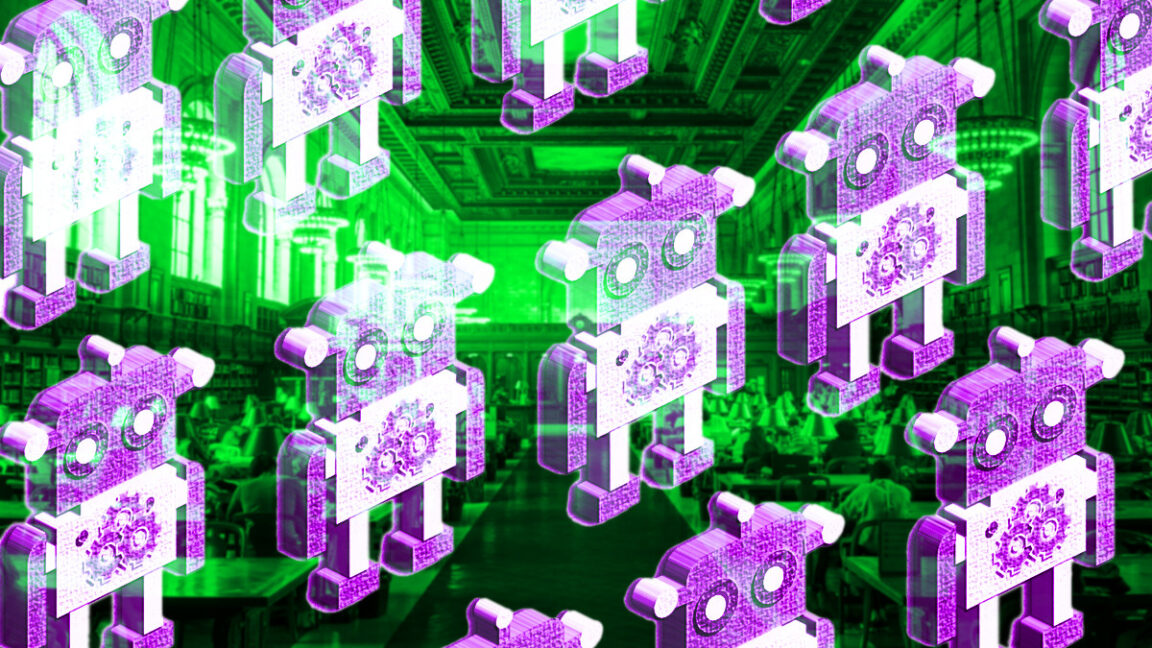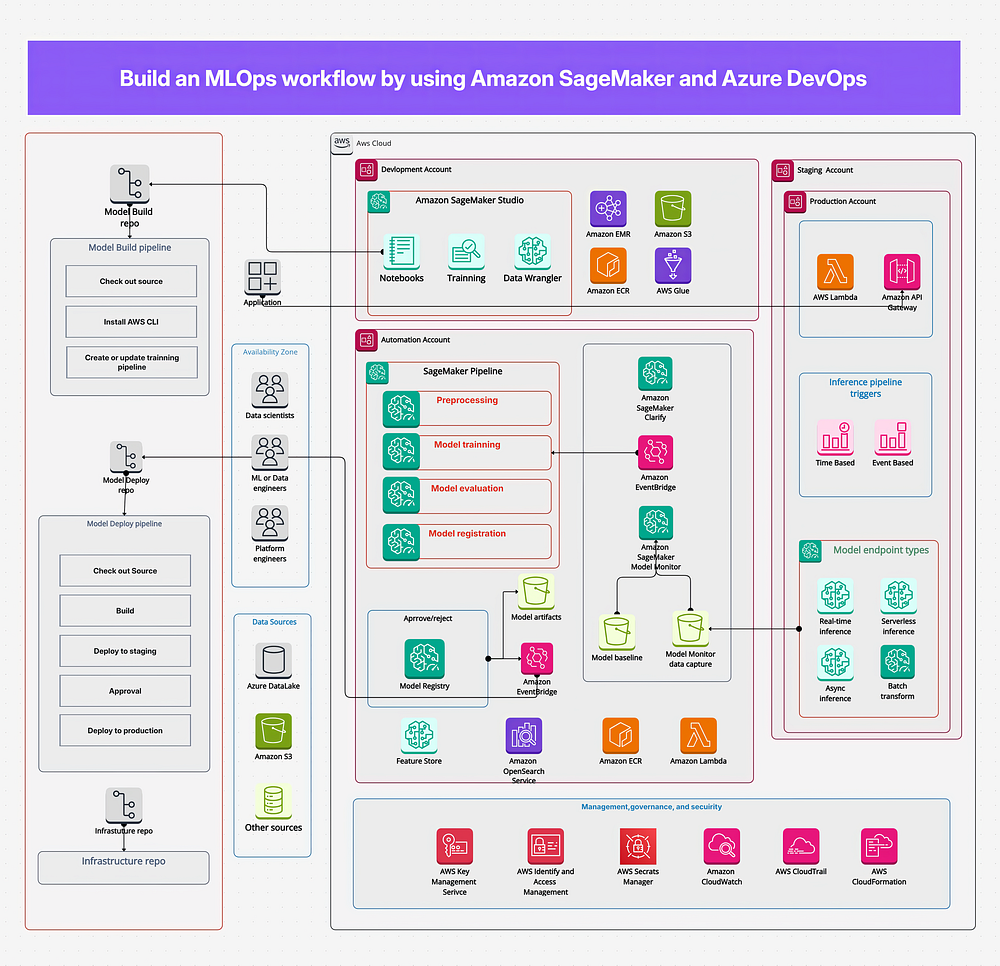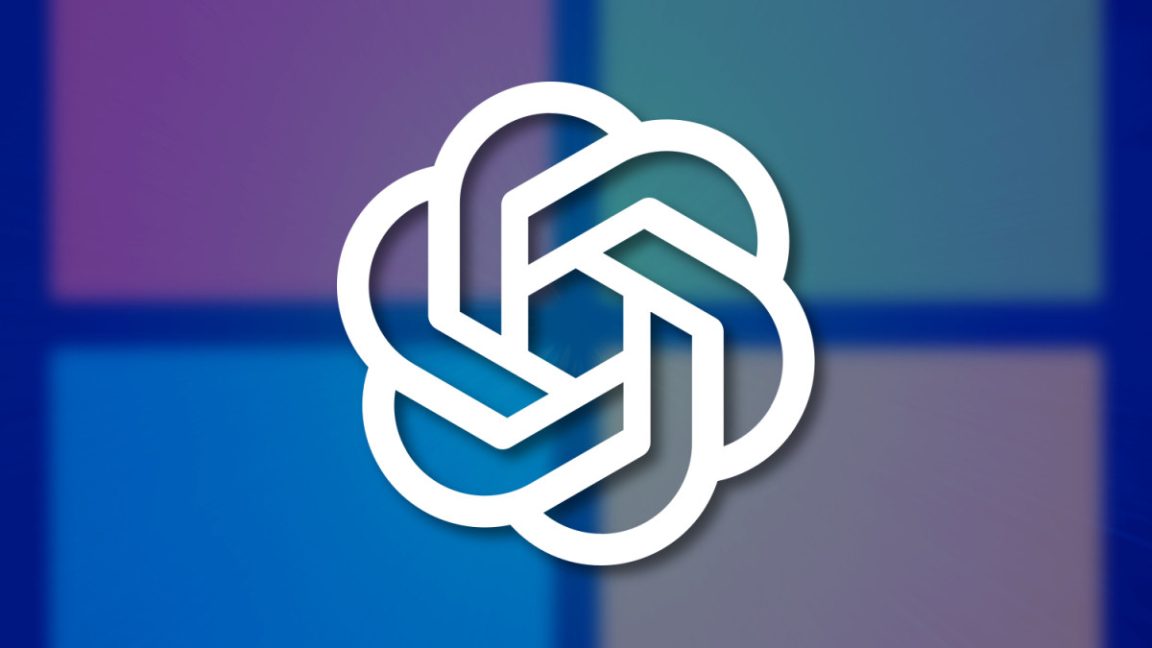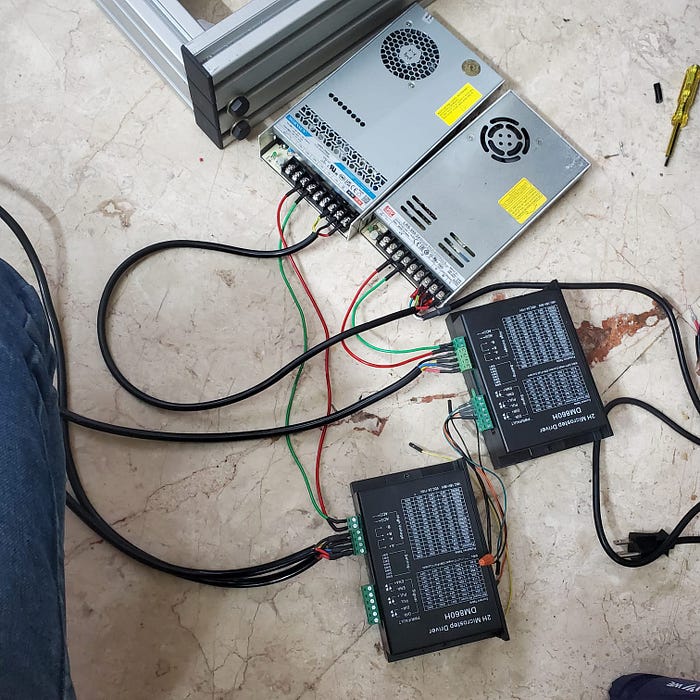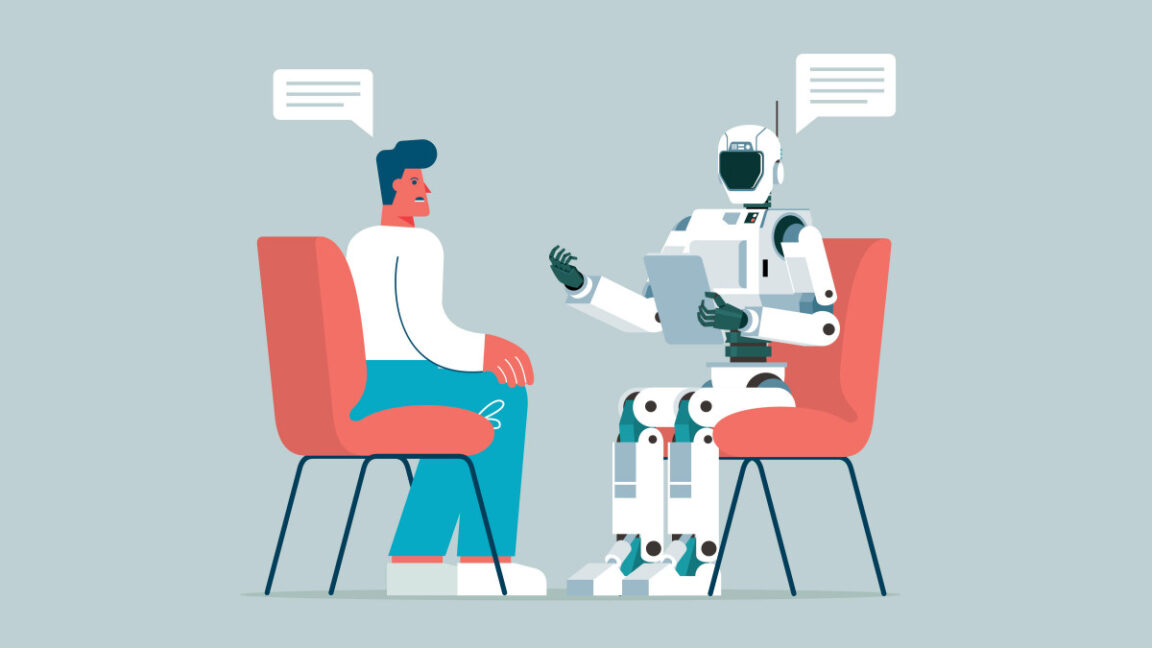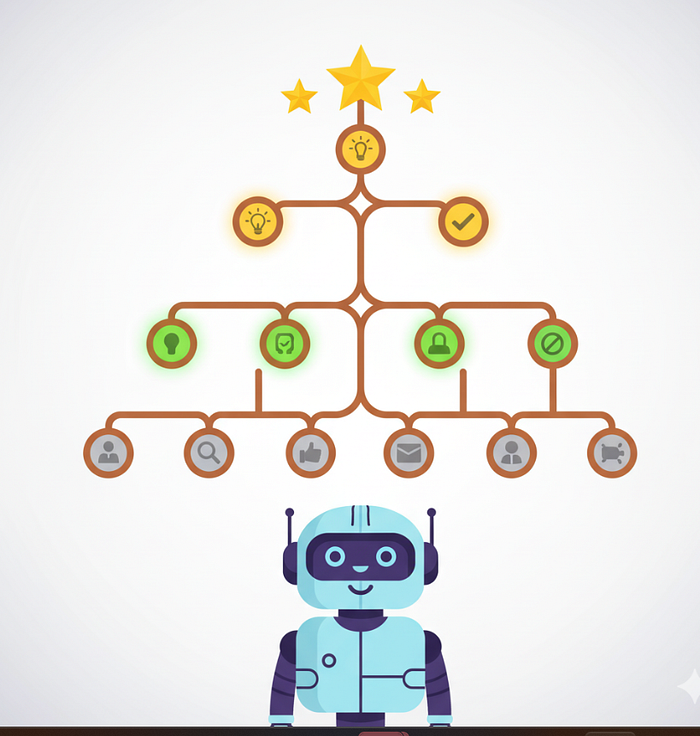Introduction to the Problem
The rise of AI-focused crawlers has made it challenging for online platforms to maintain their services. These crawlers, which are used to train artificial intelligence models, often ignore rules and disguise themselves as human visitors, causing strain on websites and diverting resources away from their intended use.
Crawlers that Evade Detection
Many AI-focused crawlers do not play by established rules. Some ignore robots.txt directives, which are files that websites use to communicate with crawlers and other web crawlers. Others spoof browser user agents to disguise themselves as human visitors. Some even rotate through residential IP addresses to avoid blocking, tactics that have become common enough to force individual developers to adopt drastic protective measures for their code repositories.
The Impact on Online Platforms
This leaves online platforms, such as Wikimedia, in a perpetual state of defense. Every hour spent rate-limiting bots or mitigating traffic surges is time not spent supporting contributors, users, or technical improvements. Developer infrastructure, like code review tools and bug trackers, is also frequently hit by scrapers, further diverting attention and resources.
Examples of the Problem
These problems mirror others in the AI scraping ecosystem. For example, Curl developer Daniel Stenberg has detailed how fake, AI-generated bug reports are wasting human time. SourceHut’s Drew DeVault has highlighted how bots hammer endpoints like git logs, far beyond what human developers would ever need.
Technical Solutions
Across the Internet, open platforms are experimenting with technical solutions to address the issue. These include proof-of-work challenges, slow-response tarpits, collaborative crawler blocklists, and commercial tools like Cloudflare’s AI Labyrinth. These approaches aim to address the technical mismatch between infrastructure designed for human readers and the industrial-scale demands of AI training.
The Risk to Open Commons
Wikimedia acknowledges the importance of providing "knowledge as a service," and its content is indeed freely licensed. However, the organization notes that "Our content is free, our infrastructure is not." The strain caused by AI-focused crawlers puts open commons at risk, threatening the sustainability of community-run platforms.
Finding a Solution
The challenge lies in bridging two worlds: open knowledge repositories and commercial AI development. Many companies rely on open knowledge to train commercial models but don’t contribute to the infrastructure making that knowledge accessible. This creates a technical imbalance that threatens the sustainability of community-run platforms. Better coordination between AI developers and resource providers could potentially resolve these issues through dedicated APIs, shared infrastructure funding, or more efficient access patterns.
Conclusion
The rise of AI-focused crawlers has created a significant challenge for online platforms. To address this issue, it is essential to find a balance between providing open access to knowledge and ensuring the sustainability of community-run platforms. By working together, AI developers and resource providers can find solutions that benefit both parties and ensure the long-term viability of open commons.
FAQs
- What are AI-focused crawlers?: AI-focused crawlers are programs used to train artificial intelligence models by scraping data from websites.
- Why are AI-focused crawlers a problem?: AI-focused crawlers can ignore rules, disguise themselves as human visitors, and cause strain on websites, diverting resources away from their intended use.
- How can the issue be resolved?: The issue can be resolved through better coordination between AI developers and resource providers, dedicated APIs, shared infrastructure funding, or more efficient access patterns.
- What is at risk if the issue is not resolved?: The sustainability of community-run platforms, such as Wikimedia, is at risk if the issue is not resolved.
- Why is it essential to find a solution?: It is essential to find a solution to ensure the long-term viability of open commons and provide a balance between open access to knowledge and the sustainability of community-run platforms.


